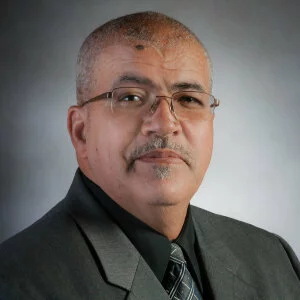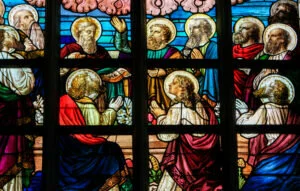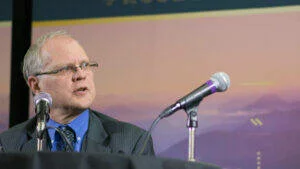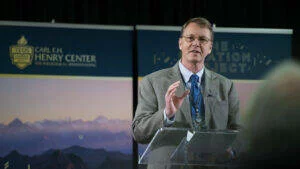Recently I participated in a panel discussion that was entitled “Race and the Church.” I was asked to contribute a historical perspective on the matter by sharing some information from the life and thought of Dr. Martin Luther King, Jr. This I attempted to do though knowing that I was anything but a Dr. King expert.
Through some research I was affirmed in some things that I already knew, but there was some things from his earlier messages that I did not know. Some of this previously unknown material was both comforting and convicting in ways I will briefly explain. In my 10-minute presentation I offered the thesis that the church was the source of Dr. King’s greatest hope for racial healing in the United States and it was also the source of his greatest disappointment. I do not intend to develop my argument here, but my research and reflection spurred more thought on the matter of Jubilee.
My thought is radically incomplete and I cannot at this time even follow through with some of Dr. King’s challenging reflections, but his thought made me consider the question, could forgiveness and peace be a valuable inheritance restored in a type of Jubilee? Forgiveness and peace were lost in the dismissal of a point in the doctrine of humanity as misapplied to black people, male and female created in the image of God. These blessings were lost because of a dismissal of family relationships in the church of Jesus Christ. Other biblical and doctrinal matters could be cited, but this will suffice. Can black people be the initiators of this type of Jubilee?
The church was the source of Dr. King’s greatest hope for racial healing in the United States and it was also the source of his greatest disappointment.
In a message, “Loving Your Enemies” (Strength to Love, New York, NY: Harper & Row, 1963) [p. 39]), Dr. King wrote: “There will be no permanent solution to the race problem until oppressed men develop the capacity to love their enemies.”
Say what???
This was my initial reaction at least. It is possible that Dr. King’s thought may have evolved since the first writing of this message, still it is an extraordinary thought. It confronted me with the recognition of two interrelated points: first, it is costly to forgive; and second, would I be willing to do this?
The question is particularly critical for me, for other blacks, and for all minorities who consider themselves believers in the Lord Jesus Christ. Should Jubilee be extended in the church? Perhaps we would then be considered more authentic in our witness to a watching world (John 13:35).
I must confess that I cannot legitimately preach or teach. I am a man who does not forget anything. All that actually happens is a remembering, a processing of people and events that cushions the memory, but the memories are never erased. As of this writing, I cannot even say that I commit myself to achieving my own personal Jubilee. Dr. King’s words above, and elsewhere, have nevertheless put a thorn in my heart and mind that will hopefully blossom into a fuller appropriation of the grace of God in my life. I would also pray that the Bible-believing church in the United States, black, white, other minorities, would be thrown into the thorns.








Comments
Be the first one to make a comment!